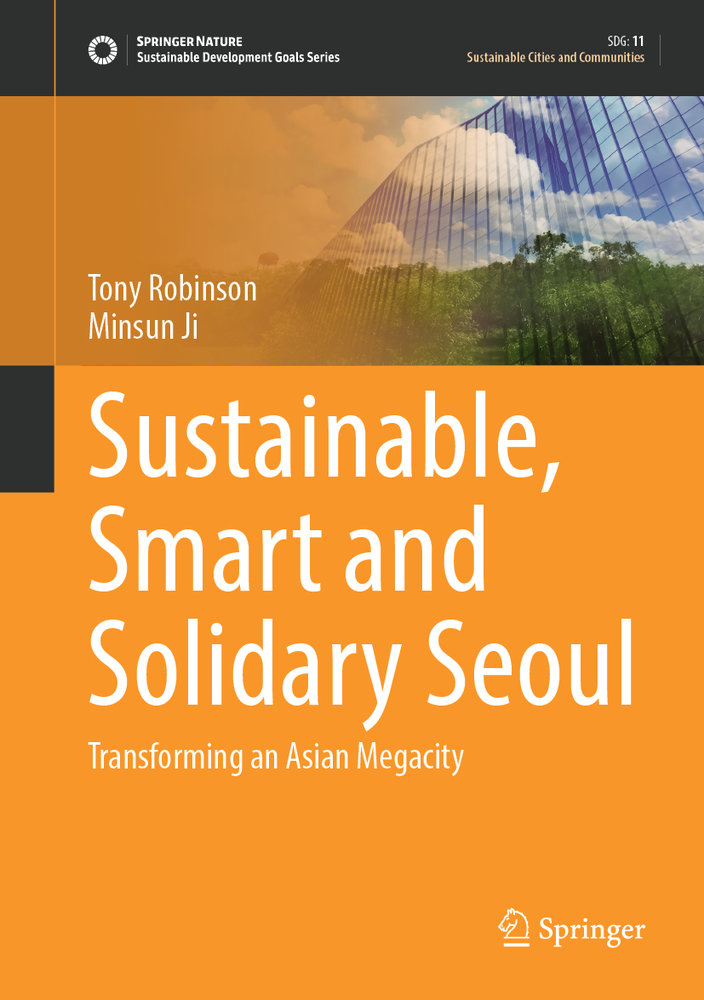This book showcases how innovative state policy in Korea transformed Seoul from one of the world´s most impoverished, polluted, and congested cities into a global leader in green urban planning, smart city innovations, and social economy initiatives that have dramatically improved the local quality of life. Today, Seoul´s urban planning innovations are increasingly touted as replicable best practices for export to cities across the globe.
This book describes how innovative state policy has made Seoul a world leader in sustainable, smart, and solidary urban initiatives. Beginning in the 1960s, Seoul led the fastest urbanization and modernization project in world history, becoming a colossal 26-million-person metropolitan region and one of the largest footprints of humanity on earth, transforming the nation from one of the world´s poorest to having the 10th largest GDP in 2020.
Today, Seoul has become one of the most productive and innovative urban agglomerationson earth. Seoul´s residents enjoy the world´s highest penetration of high-speed internet, a model mass transit system, and advanced smart-city technologies. The vast city has become increasingly green and sustainable, while also recycling about 90% of all waste. Seoul has become a leader in social economy innovations like cooperative villages, mutual benefit societies, and social investment funds that advance equitable development goals amid a booming capitalist economy.
To broaden our imagination of what good urbanism can achieve, this book reviews Seoul´s recent innovations in smart, sustainable, and solidary urbanism, including: green urban planning, sustainable development through recycling and reuse, well-managed mass transit, smart city design, and solidarity economy initiatives.



